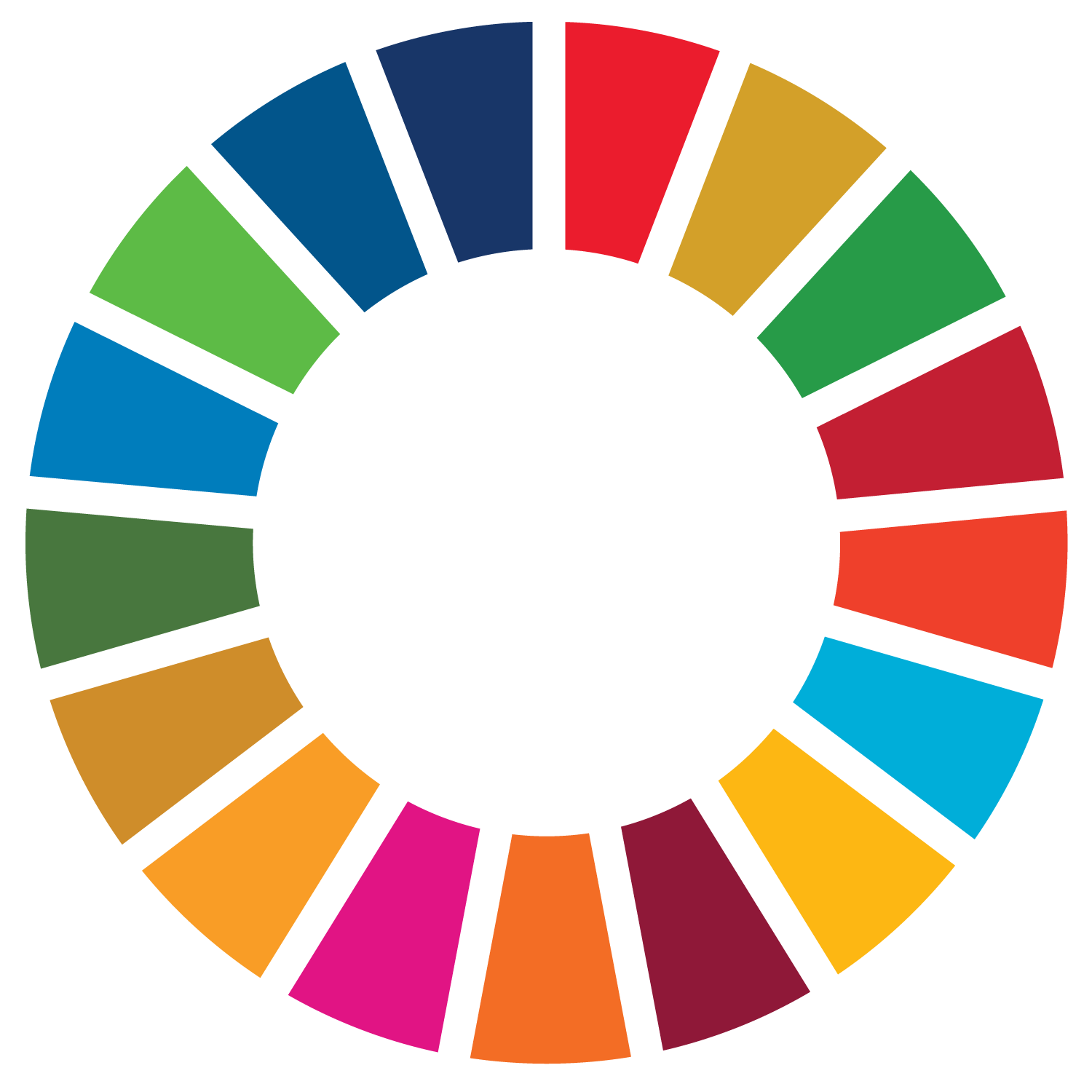Photo: Wetlands in Rwanda/UNEP
Wetlands are some of the planet’s most important ecosystems. They’re a haven for wildlife, they filter pollution and they’re important stores of carbon.
But they’re also one of the Earth’s most threatened habitats. Some 85 per cent of wetlands present in 1700 were lost by 2000, many drained to make way for development, farming or other “productive” uses. Disappearing three times faster than forests, their loss spells an existential threat for hundreds of thousands of animal and plant species.
“Healthy wetlands – critical for climate mitigation, adaptation, biodiversity, and human health and prosperity – punch above their weight in terms of benefits,” says Leticia Carvalho, Principal Coordinator for Marine and Freshwater at the United Nations Environment Programme (UNEP). “Making sure that they continue to deliver vital ecosystem services to humanity requires… their prioritization, protection, restoration, better management and monitoring.”
Carvalho made the comments on the eve of World Wetlands Day, which falls on 2 February.
This year, for the first time since it was established by Ramsar Convention on Wetlands in 1972, World Wetlands Day is being observed as a United Nations international day.
Wetlands, which include marshes and peatlands, are the unsung heroes of the climate crisis. They store more carbon than any other ecosystem, with peatlands alone storing twice as much as all the world’s forests. Inland wetland ecosystems, also absorb excess water and help prevent floods and drought, widely seen as critical to helping communities adapt to a changing climate.
This is why Carvalho says the protection of wetlands are a priority for UNEP and a special focus of the UN Decade on Ecosystem Restoration, a global push to protect and revive the natural world.
“It’s encouraging that there is increasing recognition of wetlands as an invaluable but overlooked nature-based solution,” she said. “COP 26 started to shine a spotlight on the role of finance and political will. More of both need to be channeled towards wetlands, enshrined in countries’ Nationally Determined Contributions, and better integrated into development plans,” she adds.
Wetlands built by humans, such as reservoirs, also contribute to human well-being and have other benefits. One project in the Baltic, for instance, aims to improve water quality in lagoons polluted by fertilizer run-off by using floating, vegetation-rich, wetlands to remove nutrients such as nitrogen and phosphorus.
Finally, wetlands, teeming with species, are a key ally in our fight to stop biodiversity loss. Over 140,000 described species – including 55% of all fishes – rely on freshwater habitats for their survival. Freshwater species are important to local ecosystems, provide sources of food and income to humans and are key to flood and erosion control. Yet wetland species are going extinct more rapidly than terrestrial or marine species, with almost a third of all freshwater biodiversity facing extinction due to invasive species, pollution, habitat loss and over-harvesting.
The good news is that protection, sustainable management and restoration of wetlands work. Improving management of wetlands brings health, food and water security benefits – critical to the health and livelihoods of 4 billion people reliant on wetlands’ services, says the Global Wetland Outlook. Under Sustainable Development Goal 6, Target 6, all countries are committed to protecting and restoring wetlands by 2030, and UNEP has a special role in helping to monitor and achieve that target.
The Okavango Delta in Botswana and the Pantanal in Brazil are iconic examples of inland, vegetated wetlands teeming with wildlife. But wetlands come in many shapes and sizes and are uniquely under pressure from demographic and development forces, notably from agriculture.
Learn more about five unexpected wetlands in the full story from UNEP here.
Share this post
UNEP-DHI Centre on Water and Environment
Agern Allé 5, 2970 Denmark
Tel: +45 45169200
